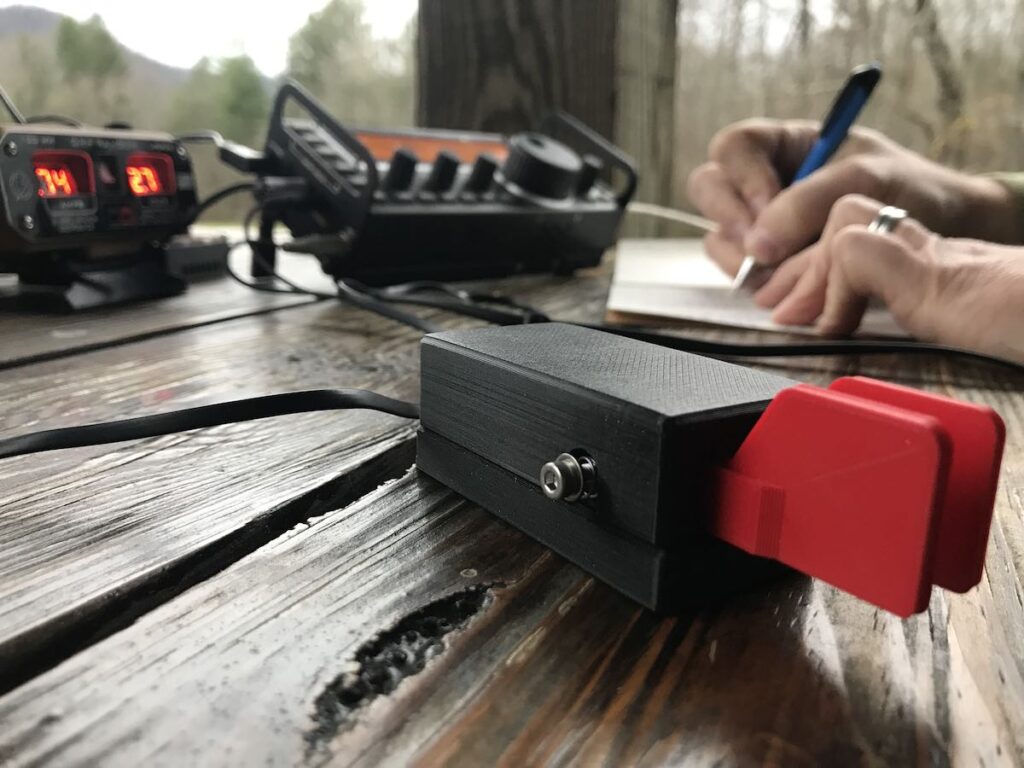Radio Waves: Stories Making Waves in the World of Radio
Welcome to the SWLing Post’s Radio Waves, a collection of links to interesting stories making waves in the world of radio. Enjoy!
Many thanks to SWLing Post contributors Dennis Dura, Michael McShan,
and David Iurescia for the following tips:
Morse Code is making a comeback! Children as young as FIVE are learning the once groundbreaking form of communication – spurred on by K-Pop bands who use it to leak hints about upcoming songs to fans (Daily Mail)
Despite being created 180 years ago and not being a requirement for amateur radio operators to learn since 1990, it has been kept alive by radio enthusiasts – and now more young people are getting involved.
A combination of pandemic lockdowns forcing youngsters to learn something new, and the use of Morse Code by popular K-Pop bands, has led to ‘a renaissance’ in teens wanting to learn the once groundbreaking form of communication.
From five-year-olds to 99-year-old war veterans, people all over the world are tapping in to communicate with others on the radio. [Continue reading…]
Ham radio tunes in to a new generation (The Times)
As he sits in a shed on the outskirts of Cambridge, Martin Atherton twists a radio dial and picks up a message being sent in Morse code. The audio dots and dashes, familiar from black-and-white war films, might seem to be relics of a past era.
But more than a century after it was first used, this mode of communication appears to be making a comeback. Since 2006 the number of amateur radio licences, which allow holders to send Morse and voice messages, has increased by almost 60 per cent, according to the Radio Society of Great Britain.
Last year the number of 13 to 44-year-olds viewing the society’s online tutorials, which cover topics such as “improving your Morse skills” and how to build your own equipment, more than tripled.
Allowing people to reach out to distant lands on a shoestring budget, the hobby could have been tailor-made for lockdown. The Netflix series Stranger Things, in which a “ham” radio set is used to contact another dimension, has also been linked to an increase in interest.
“Teenagers are picking it up, so are retirees,” said Atherton, 69, a member of the Cambridge University Wireless Society. [Continue reading…]
Pirate Radio (Twenty Thousand Hertz – The stories behind the world’s most recognizable and interesting sounds.)
In the 1960s, the BBC had a vise grip on British radio, and rarely played the pop and rock music that was all the rage. So a group of rebellious radio DJs decided to give the people what they wanted, and started broadcasting popular music from boats stationed in international waters. Soon enough, these young DJs became national superstars… until the British government decided it was time to sink these pirates once and for all. This story comes from the History This Week podcast.
Do you enjoy the SWLing Post?
Please consider supporting us via Patreon or our Coffee Fund!
Your support makes articles like this one possible. Thank you!



le code morse revient et je le soutient a 100 % avec très peu de puissance on fait le monde entier
et avec des moyen dérisoire !!
et pour mon cas je ne parle pas d’autres langues !!!